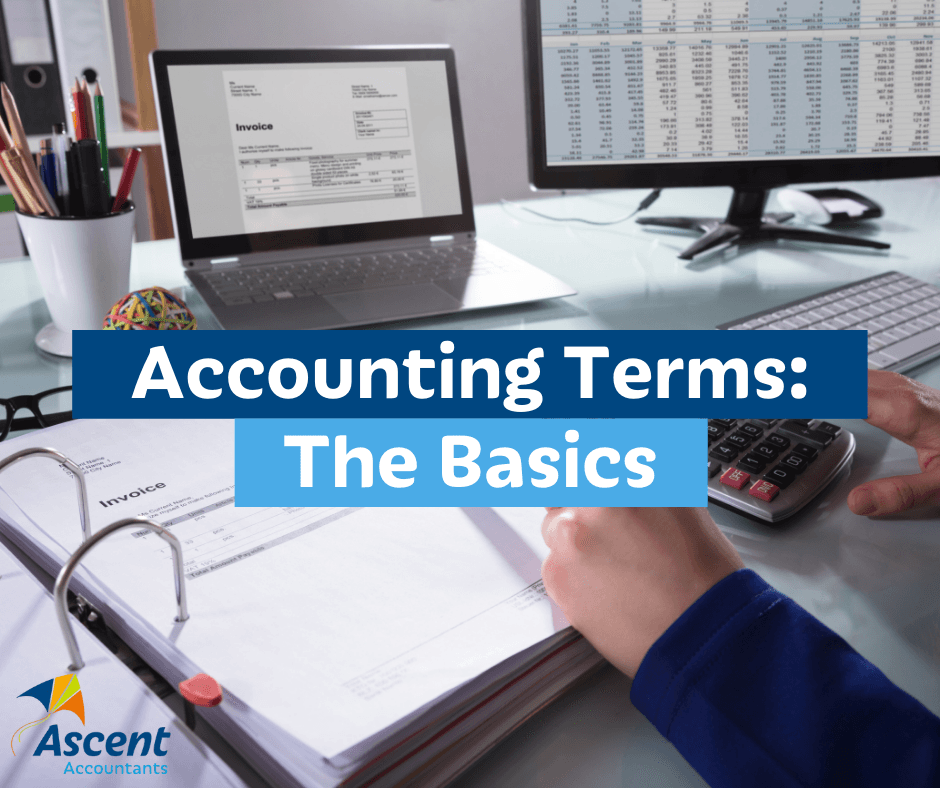Accounting terms: the basics

Assets
An asset is something that contains economic value and/or future benefit. Assets often generate cashflow, both present and future. Business assets are an item of value owned by a company. They can span over heaps of categories, including but not limited to physical, tangible goods like vehicles and real estate, as well as intangible items such as intellectual property. You can also have personal assets which can include a house, car, investments and so on.
Balance Sheet
A balance sheet is a document or financial statement that reports a company’s assets, liabilities and shareholders equity. There are 3 core financial statements that are commonly used to evaluate a business, and a balance sheet is one of them (income statements and statement of cashflow are the other 2)
Gross Margin
The gross margin is the difference between revenue and the cost of goods sold, divided by revenue. This is usually expressed as a percentage, generally calculated as the selling price of an item, less the cost of goods sold, then divided by the same selling price.
Loss
Loss refers to when a service of product sells for less than what it actually cost to supply or manufacture. It can also mean when expenses have exceeded revenues of a particular asset.
Cash flow
Cashflow is the total amount of cash and cash equivalents being transferred in and out of a business. In the most basic sense, a business’s success and value is based on it’s ability to generate positive, long term cashflow.
Debits
A debit is an accounting entry that either increases an asset or expense account, or decreases a liability or equity account.
Credit
A credit is an accounting entry that either increases a liability or equity account, or decreases an asset or expense account.
Revenue
Revenue refers to the income generated from selling goods and/or providing services to it’s customers and clients. This is recorded on the income statement and appears at the top as to display the amount earned before subtracting the company’s expenses.
Accounts Payable
Accounts payable in an account found within the general ledger that represents a company’s obligations to pay off short term debt to it’s creditors and suppliers. Basically, it’s the amounts owed to vendors or suppliers for goods and or services received that have not yet been paid for.
Accounts Receivable
Accounts receivable is the balance of money that is due to your company for goods or services delivered or used but not yet paid for by customers.
General Ledger
A company’s general ledger is a complete record of the financial transactions over the life of a company.
Need help with your accounting?








